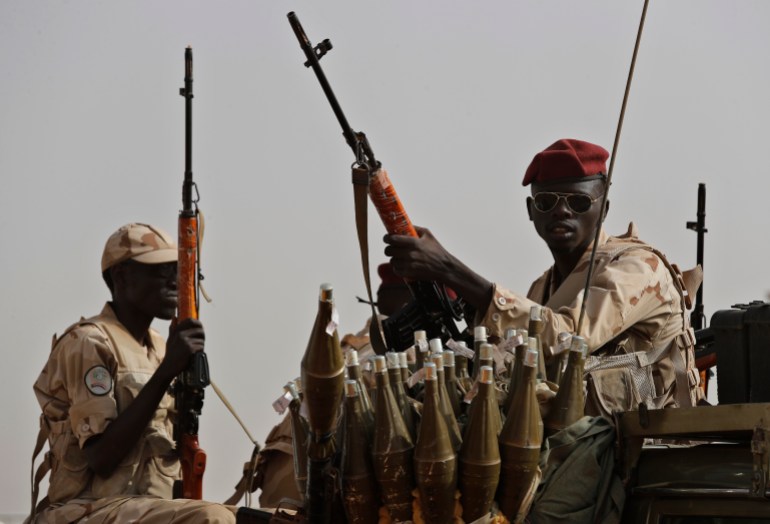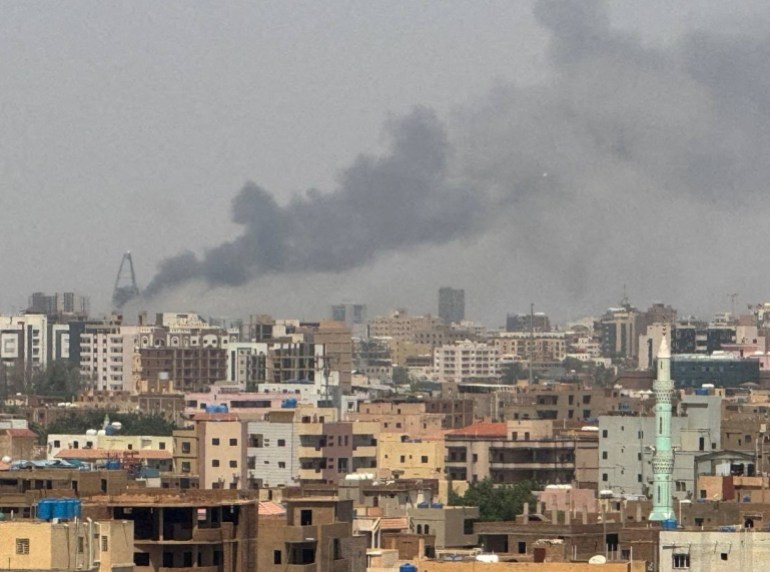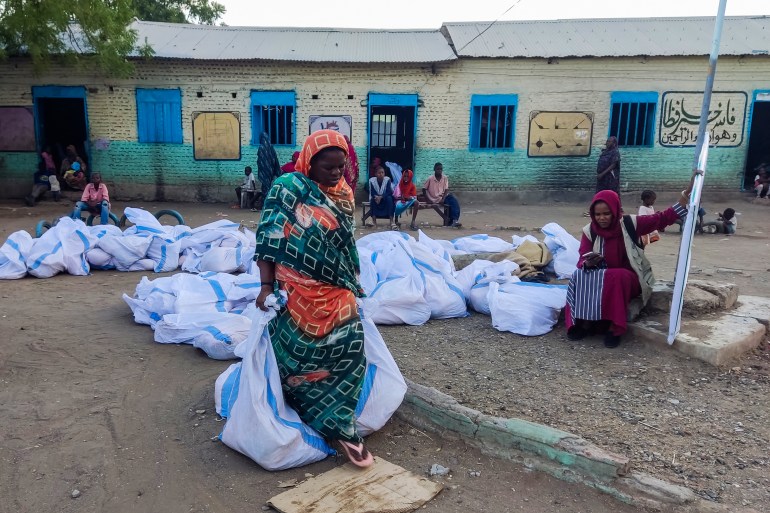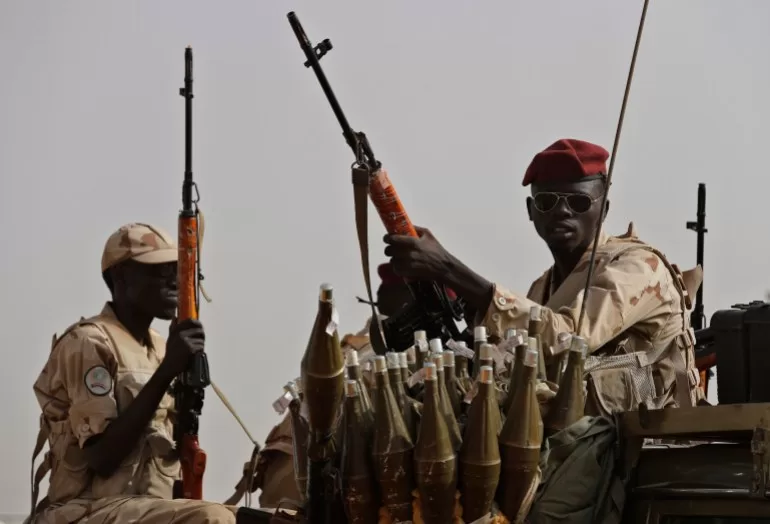The war in Sudan is entering a new phase as the Sudanese army and its rival, the paramilitary Rapid Support Forces (RSF) fight over the capital, Khartoum, and the last contested state in the sprawling western region of Darfur.
The RSF has controlled most of Khartoum ever since the war erupted in April 2023.
Here’s what we know about the situation today:
What was life in Khartoum like under the RSF?
The armed group, headed by Mohamed Hamdan “Hemedti” Dagalo, has looted and confiscated homes and warehouses across the capital.
Whoever could flee Khartoum, has, but many others had to stay under the mercy of the RSF, which has subjected women to sexual violence and randomly rounded up and detained men for days or months.
Those who lived under RSF rule say the paramilitary often killed families for refusing to hand over their daughters or mothers, as well as their homes and belongings.
Has the army retaken Khartoum?
On September 26, the army, which has also been criticised for human rights abuses and failure to protect civilians from the RSF, launched a sweeping offensive to retake the city.
As warplanes and troops descended on Khartoum, the army finally recaptured some territory in the capital, according to local sources and reporters on the ground.
The army has reportedly captured three bridges, including Halfaya, which allowed it to break an RSF siege on its military facilities in Kadroo, a nearby neighbourhood.

How are people reacting to the army’s advance?
Most people are welcoming the army as liberators, relieved to have a semblance of stability return to their neighbourhoods.
Yet despite the jubilation, the army is reportedly committing summary executions as it retakes territory – targeting people it perceives as affiliated with the RSF, according to analysts, the United Nations and local monitors.
“These [executions] are definitely verified,” according to Hamid Khalafallah, a Sudan expert and PhD candidate at the University of Manchester.
Al Jazeera sent written questions to Sudanese Armed Forces spokesperson Nabil Abdullah asking him to comment on the accusations.
No response had been received by time of publication.
Can the army retake all of Khartoum?
This may be its best shot, but the battle is far from over.
The army is trying to take the capital in hopes of securing leverage for future peace talks, Suliman Baldo, executive director of the Sudan Transparency and Policy Tracker think-tank, said.
“[A situation] where the army controls Khartoum would boost its morale and it may have them believe that they made enough military progress to go towards negotiations,” he told Al Jazeera.
However, Khalafallah stressed, the army is still far from controlling the entire city, despite its recent advances.
“It is not clear how far the army is able to advance but they are putting up a big fight,” he said.

What about Darfur?
The RSF is also fighting the army and its allied armed groups in el-Fasher, the capital of North Darfur.
While the paramilitary controls four out of five Darfur states – East, West, Central and South – it has struggled to conquer North Darfur, which has put up fierce resistance.
As fighting intensifies, the UN estimates that some 700,000 internally displaced people are at severe risk of being harmed in North Darfur, either from armed attacks or famine.
The RSF has maintained a five-month siege on el-Fasher, which has wrought devastating suffering on civilians, according to aid groups.
The aid groups added that about 2.8 million people live in and around el-Fasher, but have no means to escape.
What’s more, they noted that boys were joining armed groups to earn a meagre salary, while families were marrying off young girls to have fewer mouths to feed.

What’s next?
The battle for Khartoum may determine the direction of the war in Sudan, according to experts.
Baldo said he believes the army is trying to recapture Khartoum, as well as other major cities in north and central Sudan so it can then shift the focus of the conflict to Darfur.
That’s where the RSF enjoys support from its “Arab” tribal base – a name that refers to pastoralist communities as opposed to sedentary farming communities that are often referred to as “non-Arabs”.
Baldo added that the army would then try to destablise its foe.
“I think the army may push for infighting [within the RSF] in Darfur,” he told Al Jazeera.
